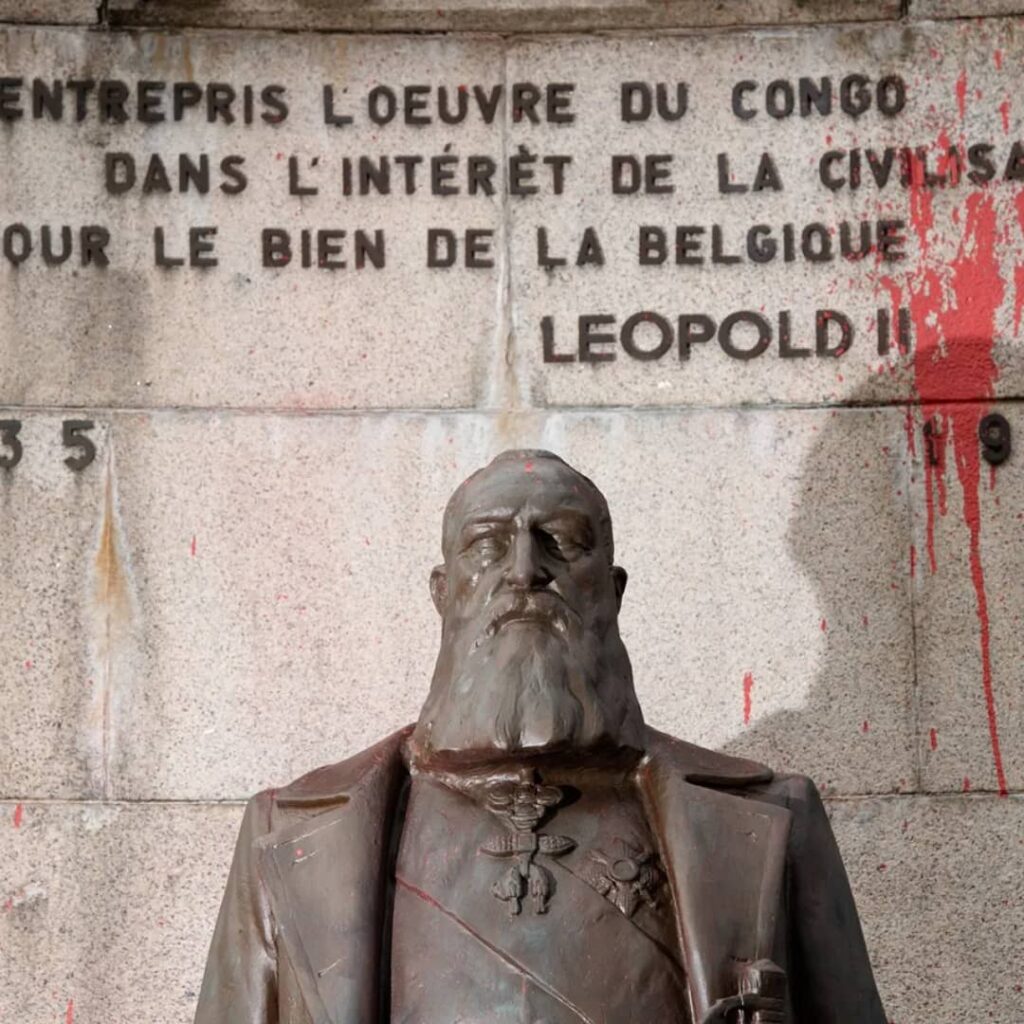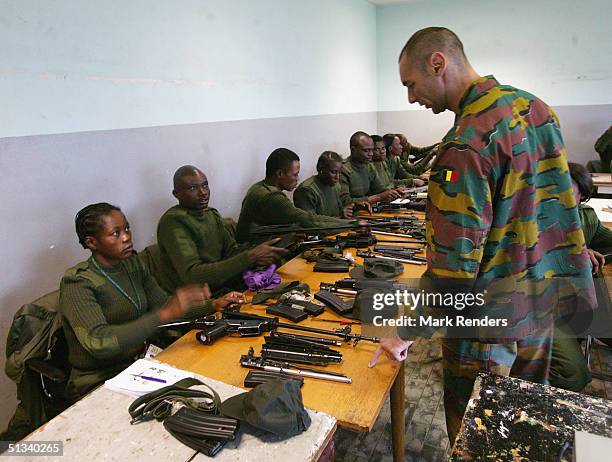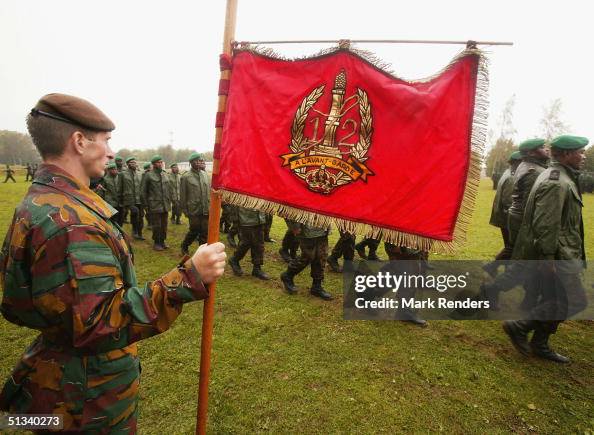Neocolonial Puppetry in the Eastern DRC: A Return to Colonial Tactics
In the eastern Democratic Republic of Congo, a disturbing pattern of modern neocolonialism appears to be unfolding a development that threatens to reduce the nation to a pawn in a larger geopolitical game. Recent reports allege that the DRC government, facing persistent instability, has reached out to the White House with a proposal to trade its vast natural resources, valued nearly at the magnitude of the US GDP, for security guarantees intended to counter homegrown terrorist threats. This alarming strategy echoes the exploitative practices of the past and raises serious concerns about national sovereignty and self-determination.

The roots of this precarious situation can be traced back to the brutal legacy of colonial exploitation. In 1885, King Leopold II of Belgium claimed the territory as his personal property, initiating a regime of violence and extraction that left indelible scars on the Congolese people. The arbitrary borders drawn during the infamous “Scramble for Africa” not only divided communities but also sowed seeds of long-lasting instability. Today, those very tactics of division and resource exploitation are resurfacing in a modern guise, as foreign powers once again seek to shape the destiny of the region.

Adding to the tension, on March 17, Belgian troops, supported by tanks, drones, and an estimated 300 to 400 soldiers, were reportedly deployed in eastern DRC. These forces are involved in training and reinforcing a range of local military factions, including the Congolese armed forces (FARDC), local militias like the Wazalendo, and even elements linked to the Rwandan FDLR. While the official narrative states that their mission is purely to neutralize rebel groups controlling vast territories, the opaque financial backing rumored to include a 20 millioneuro injection from the European Union casts doubt on the true motives behind this intervention.

Central to the unfolding drama is the alleged proposal by the DRC government to exchange its natural resources for security guarantees. This dangerous bargain exemplifies a broader neocolonial strategy where critical national assets are bartered in return for temporary stability. In doing so, the nation risks deepening its dependency on external forces, effectively sacrificing long-term autonomy for short-term relief. As Kwame Nkrumah once warned, “Neocolonialism is the last stage of imperialism,” a stark reminder that the methods of subjugation and exploitation may evolve but remain rooted in a history of domination.
The situation in the DRC serves as a cautionary tale for African leaders who face the perennial challenge of balancing national security with true independence. Reliance on foreign military and financial support can come at the steep cost of surrendering the very sovereignty that defines a nation. In these turbulent times, the wisdom of Kofi Annan rings especially true:
“We may have different cultures, but we share a common destiny.”
African leaders must heed this call to unity and self-reliance, rejecting the allure of short-term fixes that ultimately compromise the future of their nations. True security, they must recognize, can only be built on the foundations of self-determination and a resolute commitment to preserving the integrity of their national resources and identity.


